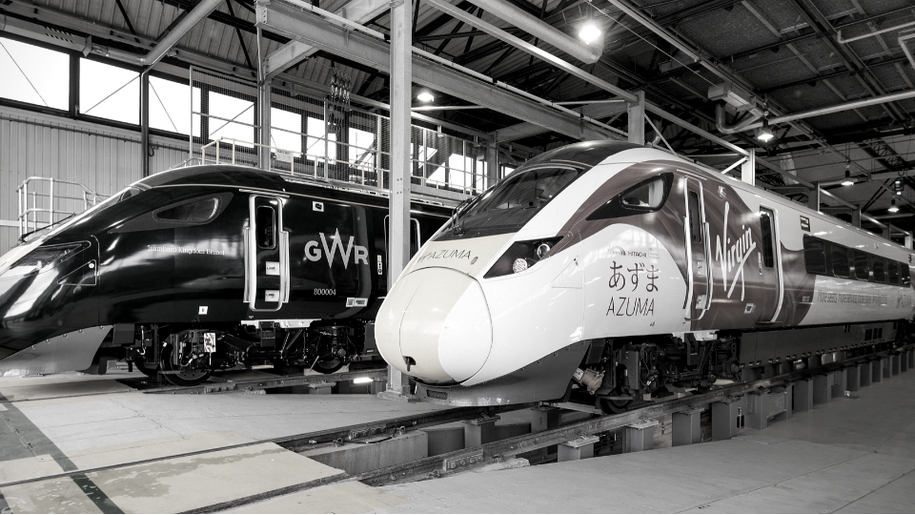782 results found
Featured results



More results
The GI Hub welcomes the commitment from the G20 Leaders in addressing the infrastructure financing gap and encouraging more private sector investment.
On 22 November 2018, the Global Infrastructure Hub (GI Hub) and the China Public Private Partnerships Centre (CPPPC) signed a memorandum of understanding (MoU) to establish and strengthen the collaborative partnership between the organisations.
Private partner profit motives are frequently cited as a failure of the public-private partnership (PPP) approach. But those profit motives are also part of the fundamental make up of the PPP approach and why it has the potential to deliver better outcomes for the public.
APEC economies endorsed the APEC Guidebook on Quality of Infrastructure Development and Investment (Revision) .

This paper describes a framework of supply and demand factors that could affect birth registration coverage rates, using data from Latin America, Asia and Africa the paper looks at factors such as social transfer that could impact birth registration.


An infrastructure outlook on Indonesia to 2025. A publication by the PwC.


An infrastructure outlook on Indonesia to 2025. A publication by the PwC.


Participating in tenders abroad might not be the right strategy for every construction company, nor is it a priority for every tendering authority to attract foreign bidders.


By their very nature as long-term large infrastructure projects, public-private partnership (PPP) projects involve a vast array of interconnecting relationships. Core to any PPP project is the long-term contractual relationship between the government’s procuring authority and the private party (the project company). This is one of many relationships that will affect the success of a PPP.

The first edition of the Public-Private Partnership (PPP) Monitor tracks the development of the PPP business environment as well as the challenges of doing PPPs in nine of the ADB’s developing member countries (DMCs).


B&R Infrastructure Development Index Report 2018, in both English and Chinese, published by China International Contractors Association (CHINCA) in the 9th International Infrastructure Investment and Construction Forum held in Macao on June 7-8, 2018.

Since its unveiling in October 2013, China s Belt & Road Initiative (B&R) has promoted Eurasian trade and integration along the Silk Road Economic Belt and the Maritime Silk Road.


A presentation on the current state of the Indonesian economy and economic policy, including in infrastructure sector.


















